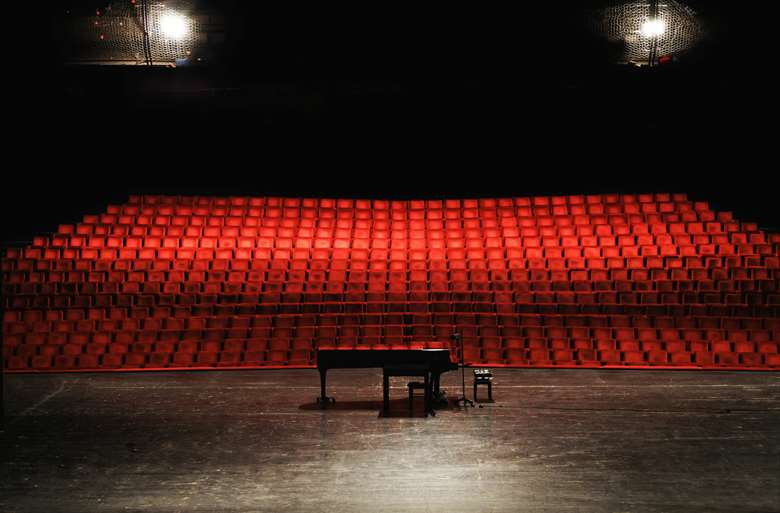The Long View | We Need to Talk About Audiences
Andrew Mellor
Wednesday, August 3, 2022
Audiences are collapsing. Whatever the reasons, we need to turn it around - before we look like we have nothing of interest to offer


Register now to continue reading
Don’t miss out on our dedicated coverage of the classical music world. Register today to enjoy the following benefits:
- Unlimited access to news pages
- Free weekly email newsletter
- Free access to two subscriber-only articles per month




